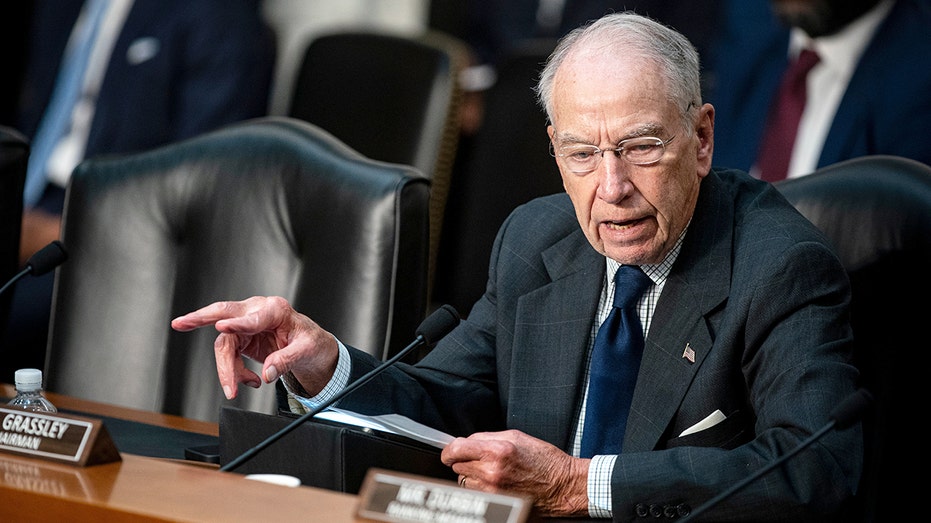False claims regarding a new ministry for “mass deportations” in Japan have proliferated online, creating a wave of misinformation following the recent elections. The misleading narratives emerged shortly after **Sanae Takaichi** was sworn in as Japan’s first female prime minister, with the claims circulating primarily on platforms like X and Facebook.
Supporters of the ruling **Liberal Democratic Party** (LDP) have attributed these falsehoods to a backlash against the party’s success in the elections earlier this year. Reports inaccurately asserted that **Takaichi** appointed **Kimi Onoda** to lead a ministry specifically aimed at mass deportations. In reality, Onoda was designated for various roles, including economic security minister and the newly created position overseeing a “society of well-ordered and harmonious coexistence with foreign nationals.” This department had previously been established under **Shigeru Ishiba**, Takaichi’s predecessor, but the appointment of a cabinet minister to supervise it marks a new development.
At a press conference on March 6, 2024, Onoda emphasized Japan’s commitment to managing foreign nationals who violate regulations but did not mention mass deportations. She stated, “The inappropriate use of various systems by some foreign residents, their crimes and misbehaviour are causing anxiety and a sense of unfairness among Japanese people.”
Background on Immigration in Japan
Japan’s immigration levels remain low compared to other developed nations. This trend is particularly concerning as the country faces an ageing population, one of the lowest birth rates globally, and worker shortages in several industries. Despite these challenges, the number of immigrants has been gradually increasing. The rising presence of foreigners, including tourists, played a significant role in the recent leadership contest for the LDP, which Takaichi won before her appointment as prime minister.
During the campaign, Takaichi drew criticism for her comments about foreign visitors. She accused some foreigners in her hometown of **Nara** of disturbing local wildlife, an assertion that garnered attention from various media outlets.
The Spread of Misinformation
The false claims regarding mass deportations gained traction online, with one post on X claiming that Takaichi “sworn in and IMMEDIATELY created a ministry for mass deportations,” which received over **nine million views**. Another misleading video circulated on Facebook falsely suggested that Japan’s emperor had sanctioned a “nationwide deportation plan.” These inaccuracies were not only present in English but also appeared in Thai, German, and Spanish.
This surge in misinformation follows the cancellation of a **Japanese cultural and social exchange program** with four African nations last month, which led to an overwhelming response from the public. Many mistakenly believed the program represented a shift in immigration policy. Additionally, the city of **Kitakyushu** faced numerous complaints over inaccurate claims regarding the introduction of Muslim-friendly school lunches.
The political landscape in Japan has also shifted, with the **Sanseito party** experiencing significant electoral gains in July. The party’s platform, which gained them **15 seats** in the upper house—up from just two—echoes global populist movements, calling for a return of power to the people and opposing “elitism” and “globalism.”
As Japan navigates these complex issues surrounding immigration and public perception, the need for accurate information and responsible communication remains critical.







